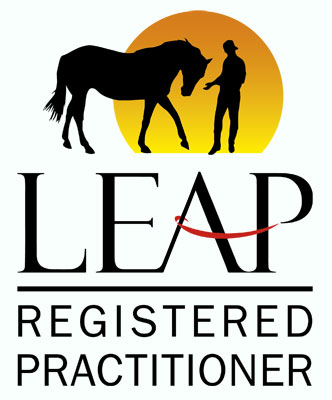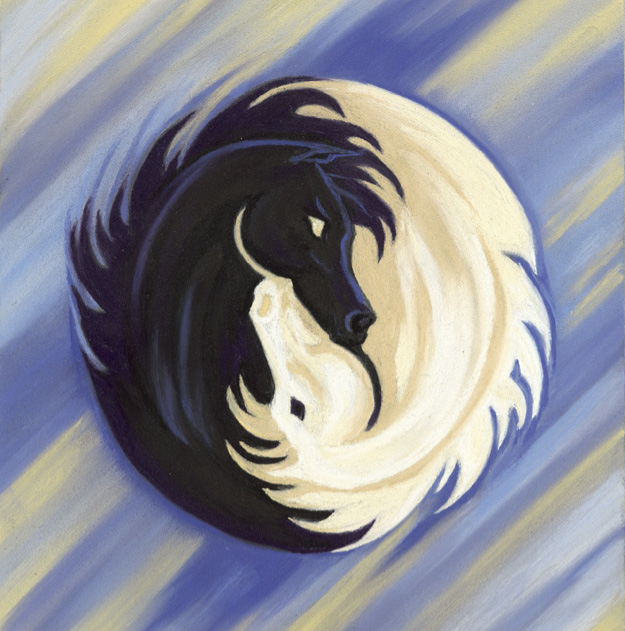
Blog
Back to list of blog entries

Developing Trust with Your Horse
16 March 2016
11 steps to developing real and enduring trust with horses:
- Connecting to your heart - Dropping your centre of awareness from your mind and brain down into your body, and especially into your heart. Approaching all that you do with your horse from your heart/body-centre, not your head.
- Being mindful of yourself - your emotional state, your thoughts, how your body feels physically, and what your energy levels are like all of the time around your horse.
- Approaching your horse respectfully - paying attention to and responding to their personal space needs and boundaries - allowing your horse to say NO to you.
- Setting YOUR boundaries to protect your personal space and take care of yourself.
- Not projecting your needs, feelings, desires, personality traits, agenda or intentions, problems, issues, fears and self-criticisms on to your horse.
- Viewing your horse as a sentient being in their own right - with their own needs, preferences, desires, interests and choices at all times.
- Honoring your horse’s choices, including about working, being ridden, their herd preferences, living in/out, being rugged-up or not, etc.
- Developing an honest, calm and mindful approach to your relationship with your horse.
- Not putting pressure on your horse in order to calm down your false-self/inner-critic, in order to fit in with "The Jones" on your yard.
- Practicing mind-body techniques including breath-work, yoga, Pilates, Tai Chi/Qi Qong, and meditation, to strengthen your own mind-body connection, develop a calmer mind and a more congruent way of being generally.
- Remembering that your horse is not a vehicle for your Ego. Rather, you chose your horse’s place in your life - it is rarely an equal decision or choice. Therefore, you owe it to your horse to honor their preferences and needs at all times out of respect and gratitude - ask yourself this: if they were in the wild, would he/she be chose to stand in the stable half of the day..? If you maybe have a desire to do dressage, your horse may not. Explore what your horse wants and enjoys and don’t expect their compliance; just because you want to do something. Have an open mind and regard your horse as a teacher to you.
Striving for a more equal relationship with horses in this way will enable you to develop a trusting partnership. One that ultimately is far more rewarding, far less problematic, and far more satisfying for both of you.
If you are interested in exploring these ideas and approaches in more detail, please get in touch.
© Angela Dunning, 16 March 2016








